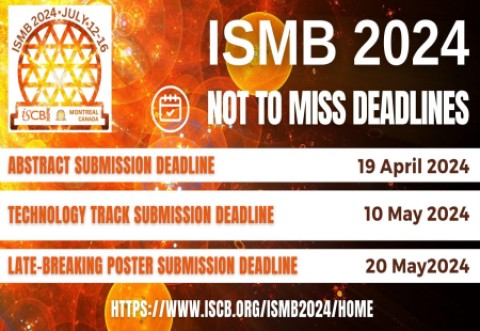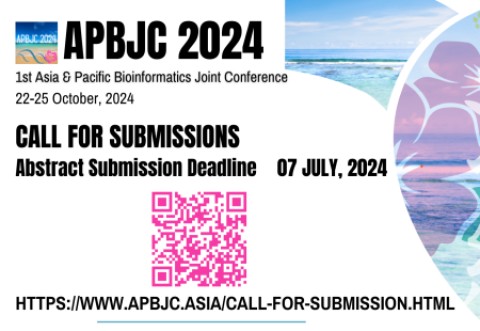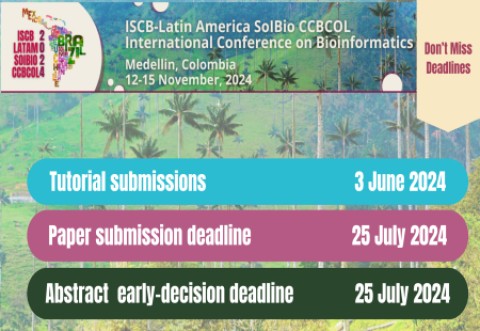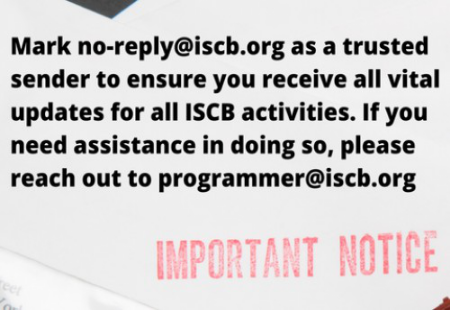
FASEB News - March 1, 2010
Contact: Cody Mooneyhan
This email address is being protected from spambots. You need JavaScript enabled to view it.
301-634-7104
Federation of American Societies for Experimental Biology
Genetically Engineered Tobacco Plant Cleans Up Environmental Toxin
New research in the FASEB Journal suggests that a new strain of tobacco plant can make antibodies to toxic pond scum that affects humans, livestock and wildlife
Tobacco might become as well known for keeping us healthy as it is for causing illness thanks to researchers from the U.K. In a new research report appearing in the March 2010 print issue of the FASEB Journal (www.fasebj.org) scientists explain how they developed a genetically modified strain of tobacco that helps temper the damaging effects of toxic pond scum, scientifically known as microcystin-LR (MC-LR), which makes water unsafe for drinking, swimming, or fishing. This plant could serve as a major tool for helping keep water sources safe to use, especially in developing nations.
"We hope that our study will ultimately lead to a reduction in the exposure of humans, livestock, and wildlife to environmental pollutants," said Pascal M.W. Drake, Ph.D., co-author of the study, from the Centre for Infection at St. George's University of London.
To develop this type of tobacco, Drake and colleagues genetically altered a tobacco plant to produce an antibody to MC-LR, by inserting genes which code for the production of this antibody. With the genes in place, the new strain of tobacco produced the antibody in its leaves and secreted the antibody from its roots into the surrounding hypotonic growth medium. When the toxin from MC-LR was added to the plant's surrounding hypotonic growth medium, the antibody bound to the toxin, rendering it harmless. This is the first example of a transgenic plant expressing an antibody that remediates an environmental toxin, but according to Drake, more plants like these will be developed in the future to address different environmental problems.
"Tobacco is perhaps one of the most cultivated non-food crop in human history," said Gerald Weissmann, M.D., Editor-in-Chief of the FASEB Journal, "and for centuries it has hurt human health. Now, with smart genetic tweaking, tobacco may prove more valuable in the field than in the pipe."
Receive monthly highlights from the FASEB Journal by e-mail. Sign up at www.faseb.org/fjupdate.aspx. The FASEB Journal (www.fasebj.org) is published by the Federation of the American Societies for Experimental Biology (FASEB). The journal has been recognized by the Special Libraries Association as one of the top 100 most influential biomedical journals of the past century and is the most cited biology journal worldwide according to the Institute for Scientific Information.
FASEB comprises 23 societies with more than 90,000 members, making it the largest coalition of biomedical research associations in the United States. FASEB enhances the ability of scientists and engineers to improve—through their research—the health, well-being and productivity of all people. FASEB's mission is to advance health and welfare by promoting progress and education in biological and biomedical sciences through service to our member societies and collaborative advocacy.






























